Published
- 03:00 am
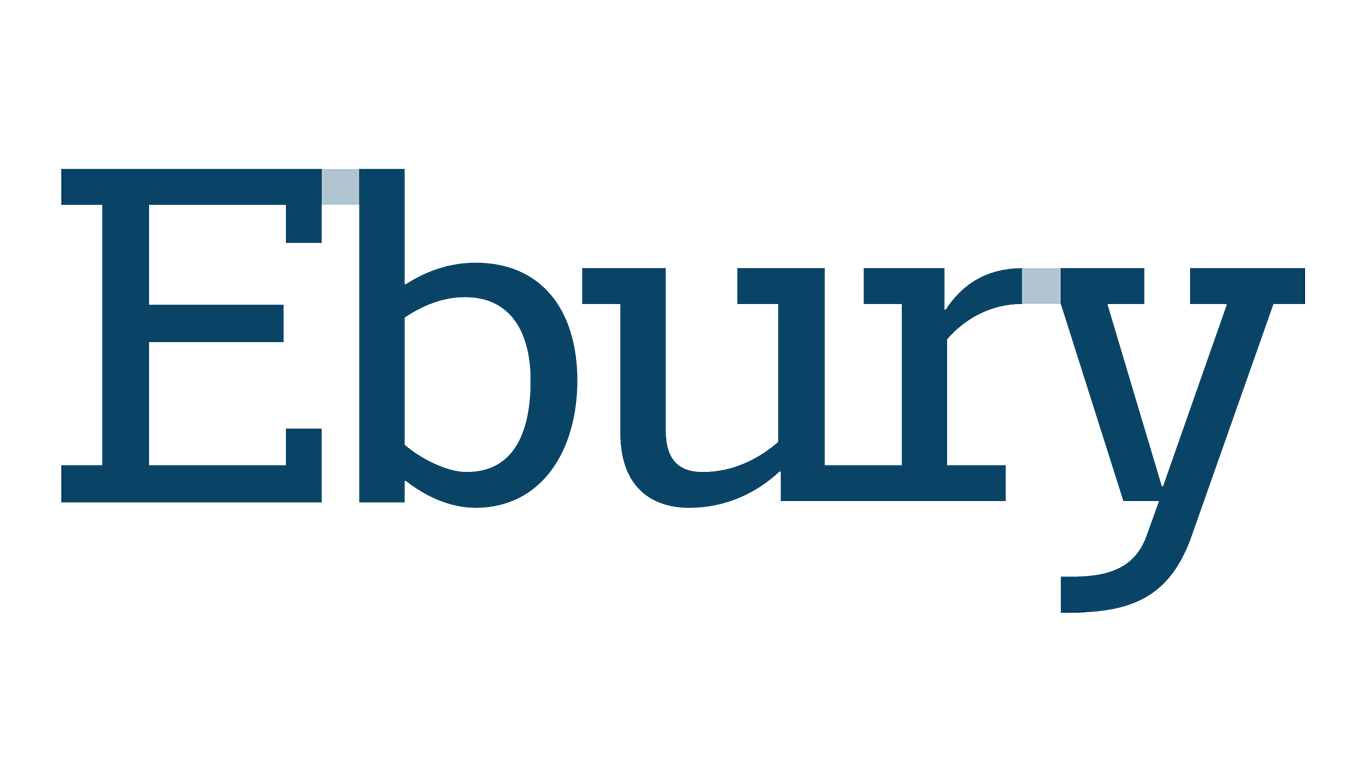
Analysis of trade data from global financial services firm Ebury reveals that UK-Brazil trade has experienced rapid growth in the last five years following significant government efforts to push for improved bilateral trade relations and a reduction in red tape.
The statistics reveal that Brazilian imports to the UK have more than doubled in the past half-decade, with imports in Q1 2023 standing at £773m, 52% higher than total imports for the same quarter in 2018 (£510m).
Similarly, the UK has seen a notable 46% uptick in exports to Brazil, with the latest data showing a £204m increase from £458m in Q1 2018 to £662m in the same period of 2023.
The peak in trade reflects growing efforts from the UK government to strengthen ties with non-EU countries following Brexit. Most recently, the UK signed a significant bilateral trade deal with Brazil in November 2022 – the Double Taxation Agreement –reducing costly barriers to trade, investment and cross-border work, a significant milestone in the countries' economic relationship.
Currently, the most imported Brazilian goods are largely mechanical power generators, and food products like meat, vegetables, fruit and oil-seed, of which have seen increases of up to 205% in the last five years2.
Likewise, the most exported UK goods include beverages, medicinal and pharmaceutical products, chemicals, and mechanical power generators, which have experienced a significant influx in demand of up to 173% since 2017.
In a report3 on the agreement, the government noted that they “anticipate that the Brazilian market will become a more attractive place to invest for the British business community and will also facilitate Brazilian investment in the United Kingdom contributing to job creation, innovation and prosperity.”
Jack Sirett, Partner at global financial services firm Ebury, commented: “Recent years have seen swelling trade volumes between the UK and Brazil which this latest agreement should only strengthen. Exploratory dialogues have been ongoing since 2017 as the UK looks to establish stronger trading relationships with countries outside of the EU following Brexit.
“The Double Taxation Agreement will further intensify trade by reducing the complexity and cost of doing business which should drive long-term investment between both countries. Brazil is a G20 member and both Latin America’s largest economy and most populous nation, so easing frictions offers businesses in the UK a significant opportunity to open up new trading channels.”
Eduardo Moutinho, Market Analyst at Ebury’s Brazil office, said, “The UK’s move towards LatAm markets has faced considerable barriers, for instance, strict regulation and China's status as South America's largest trading partner.”
“It’s very encouraging to see the UK’s progress in overcoming these hurdles, the Double Taxation Agreement and Rishi Sunak’s recent £80 million pledge to Brazil’s Amazon Fund show real promise for this trading relationship.”
Related News
- 02:00 am
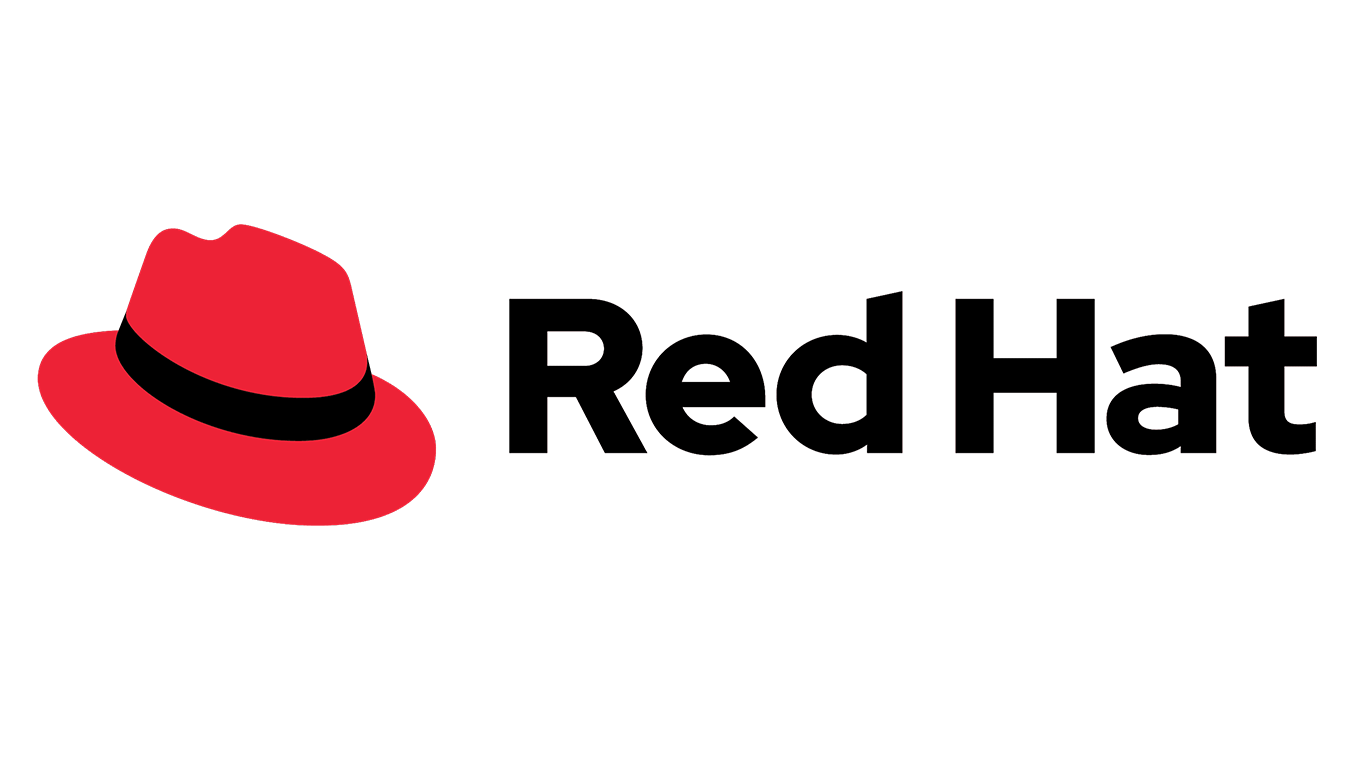
Red Hat, Inc., the world's leading provider of open source solutions, today announced that Helvetia, an international insurance group based in Switzerland, has adopted Red Hat container technologies and managed cloud services to modernize their approach to assessing claims and create a more seamless experience for customers. With Red Hat OpenShift Service on AWS, a jointly managed and supported Red Hat OpenShift solution offered natively on Amazon Web Services, as its application development platform Helvetia is able to streamline its IT infrastructure operations and reduce costs, allowing them to focus on creating innovative services for its customers.
Red Hat OpenShift Service on AWS opens up possibilities for us that simply did not exist before. Using Red Hat’s managed cloud service helps us save costs and deliver real value to our customers.
Björn Fischer, Product Owner Helvetia Container Platform, Helvetia
Helvetia strives to offer valuable digital services to differentiate itself in the complex and competitive insurance market. The insurer is constantly looking for new ways that allow them to raise the bar when it comes to creating customer experiences. In 2018 Helvetia laid the foundation for its cloud strategy by adopting Red Hat OpenShift. Helvetia sought to improve its development capabilities by exploring container technology and building a cloud-first IT environment. Red Hat OpenShift's container runtime technology enabled the company to reduce time to market and generate new customer services quickly.
With self-managed datacenters offering little added value and maintenance responsibilities becoming increasingly complex, Helvetia decided to take the next step in its cloud journey and selected Red Hat OpenShift Service on AWS. Helvetia collaborated with Red Hat to establish a new application runtime infrastructure for its own products by adopting Red Hat technologies such as Red Hat Runtimes, Red Hat Application Services, and Red Hat Enterprise Linux. During the evaluation Red Hat was a reliable partner to clarify security protocols and features required by Helvetia.
Consuming Red Hat OpenShift as a managed service helped Helvetia’s IT team to offload management of their application platform, reduce operational complexity and focus on delivering value-add applications. Meeting local compliance regulations was one of Helvetia’s main criteria for its platform, and Red Hat OpenShift Service on AWS allows the company to process customer data more securely.
Red Hat’s container technologies and managed cloud services provide the foundation to create innovative applications such as Clara, Helvetia’s digital assistant. The insurer’s IT team connected the chatbot to ChatGPT to help customers with their questions using artificial intelligence. Helvetia is the first listed insurance company worldwide using OpenAI’s technology as part of a live experiment.
Supporting Quotes
Hans Roth, senior vice president and general manager EMEA, Red Hat
“In today's fast-paced environment organizations must deliver innovative solutions quickly and efficiently to remain competitive. With Red Hat’s managed cloud services, organizations can develop cloud-native applications on a hybrid cloud platform jointly operated with cloud providers. Helvetia can now focus on delivering value to customers while maintaining the highest levels of security and governance.”
Björn Fischer, Product Owner Helvetia Container Platform, Helvetia
“Red Hat OpenShift Service on AWS opens up possibilities for us that simply did not exist before. Using Red Hat’s managed cloud service helps us save costs and deliver real value to our customers. Red Hat has provided expertise with a focus on delivering practical solutions.”
Related News
- 09:00 am
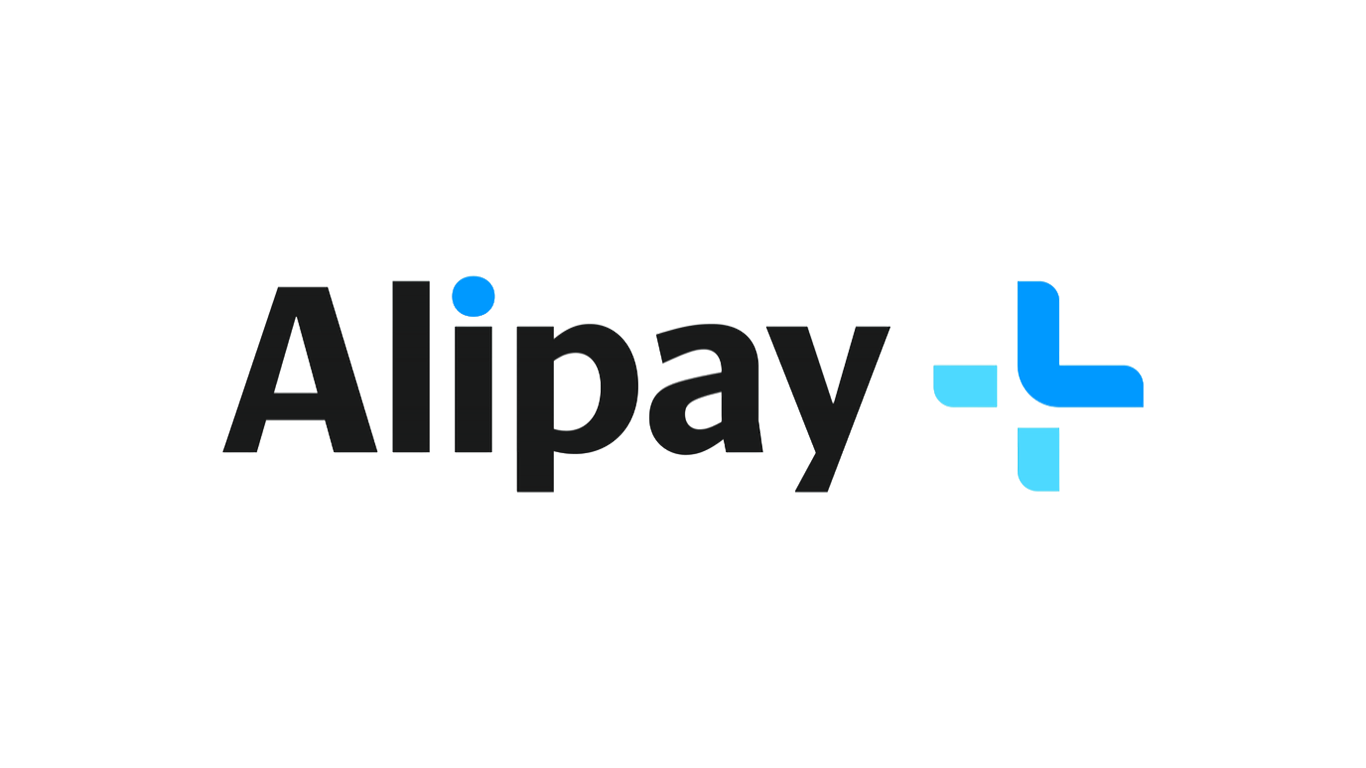
Clarins, a French family-owned company and market leader in skin care and make-up based on natural ingredients, which already offered Alipay, has integrated Alipay+, adding more popular Asian e-wallets as its payment options to attract and better serve Asian consumers visiting its own stores in Las Rozas Village (Madrid) and La Roca (Barcelona).
With Alipay+, Asian consumers will be able to easily make payments with their smartphones using the QR code. They will as well be able to effortlessly access promotions via their local apps. The integration of the Alipay+ solution in the POS terminals (Banco Santander) of Clarins stores has been made possible thanks to PayXpert, Alipay+’s partner in Spain.
Clarins is one of the cosmetics brands most appreciated by discerning Asian consumers, which is also reflected in the sales of its products when oriental tourists visit Spain.
Alipay+ provides a unified QR code-based solution that enables merchants to accept various digital payment methods including some of the most popular e-wallet apps in Asia.
“Around 60% of the clients of the Clarins own boutiques (Las Rozas Village y La Roca Village) clients in Spain came from Asia before the pandemic. Now we are getting back to those levels and offering them to pay through Alipay+ that connects some of the most popular e-wallets in Asia, brings consumers security and ease, and we expect the integration to help increase of this audience in the coming months,” says Cristina Sánchez, Retail Manager for Clarins in Spain.
“Asian tourists who come to our boutiques are also attracted by the promotions they receive on their mobile phones, which we carry out in collaboration with Alipay+. In addition, offering payment options supported by Alipay+ helps to overcome the language barrier to a great extent, since, although we have staff who speak Chinese, not in other languages such as Korean, Malay, and etc. and on some occasions they don't have a high command of English to communicate in that language,” adds Cristina.
That is why it is important to offer Asian consumers a shopping experience adapted to their needs and, in this sense, offering them their usual payment method and associated promotions is a key point to attract them and increase sales. It should be taken into account that Asian consumer mostly use their smartphones to make payments through QR codes and also, they highly appreciate promotions they receive from their payment apps, that are present in their daily lives to access multiple services such as transportation and medical reservations.
This is why Clarins has implemented in its boutiques in La Roca Village and Las Rozas Village Alipay+, a set of global cross-border mobile payment and marketing solutions that includes major digital payment wallets used in Asia including Alipay (China) and Kakao Pay (South Korea).
Through simple integration, shoppers and merchants can access all digital payment methods supported by Alipay+, both existing and those to be added later.
“We are very pleased that Clarins trusts Alipay+ to continue improving the shopping experience for Asian consumers visiting its stores in Spain both in terms of simple and secure mobile payments, as well as for other advantages such as promotions and other perks. For all these reasons, we are sure that this collaboration will contribute to an increase in the audience and sales of Clarins stores in Spain”, explains Alba Ruiz, Business Development Director at Alipay+ for Southern Europe.
According to Raúl Sánchez, PayXpert's Regional Manager for Southern Europe, Alipay+ partner and in charge of the implementation at Clarins: “At PayXpert, we are interested in providing quality solutions to customers with international needs. Thanks to Alipay+, we can meet this point by adding a string of new Asian payment methods to our portfolio without dedicating resources to specific integrations. Alipay+ is a plus both in innovation and in improving the checkout process”.
PayXpert has been collaborating with Ant Group since 2019. It started implementing the Alipay targeted at the Chinese consumer, which was a boost for many merchants in attracting and converting sales from Chinese customers. In 2023, it began implementing Alipay+, which allows it to extend that experience to other Asian regions thanks to the e-wallets it integrates.
Related News
- 02:00 am
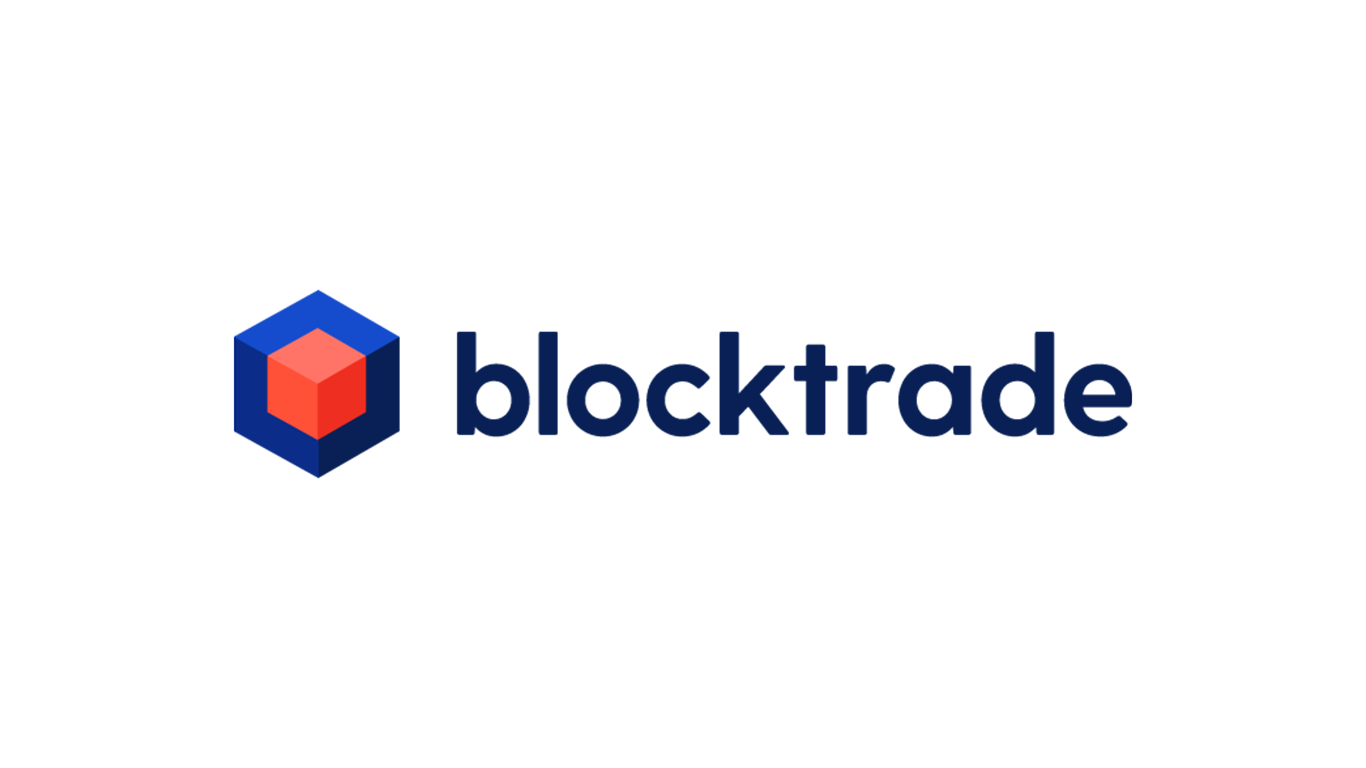
Blocktrade, the gamified asset marketplace for everyone, has announced the close of its exclusive Blocktrade Exchange Token (BTEX) sale round, which ran from May 5th to 18th and followed a sold-out pre-sale round earlier this year. A total of €4.5 million worth of BTEX has been raised from over 1400 community members in 42 countries.
Christian Niedermueller, CEO at Blocktrade, said: “We are grateful for the overwhelming response and participation by Blocktrade VIP members to this exclusive token sale round. This show of enthusiasm points to the appetite amongst crypto users today for an accessible and engaging digital asset trading platform. We now look forward to continuing to enhance the experience on offer to Blocktrade’s ever-growing community.”
The BTEX token will enable users to engage in the Blocktrade gamified universe and wider ecosystem. BTEX holders will be able to access in-house and third-party games hosted on the Blocktrade platform, and use the token to unlock level fast passes, physical rewards, NFT avatars, token airdrops, trading bonuses, live chat and priority support, deposit and withdrawal discounts, and additional APY on staking. Token holders will also be able to utilize BTEX to access alternative payment options within partner ecosystems.
This announcement closely follows the platform’s launch of Blocktrade 3.0, the dawn of a new gamified universe which merges gaming elements with crypto investing. Blocktrade 3.0 introduces NFT avatars and a sophisticated level system to transform the way users learn about and engage with digital assets. Blocktrade’s native BTEX token is at the core of this ecosystem.
Blocktrade 3.0 is equipped with 50 unique levels, leaderboards, and challenges. Users advance to higher levels by passing a series of progression thresholds and earning BTEX tokens and XP points along the way. The universe blends innovations in gaming with disruptive Web3 technology, driving interactivity on the platform and empowering users to better navigate the crypto landscape with easy-to-digest education.
As part of its commitment to users, Blocktrade prioritizes security and regulatory compliance. The platform is fully transparent, with over 5,000 class-B shareholders, and regulated to EU standards. It is registered as a VASP with the Estonian, Italian, and Slovenian regulators.
Related News
- 08:00 am
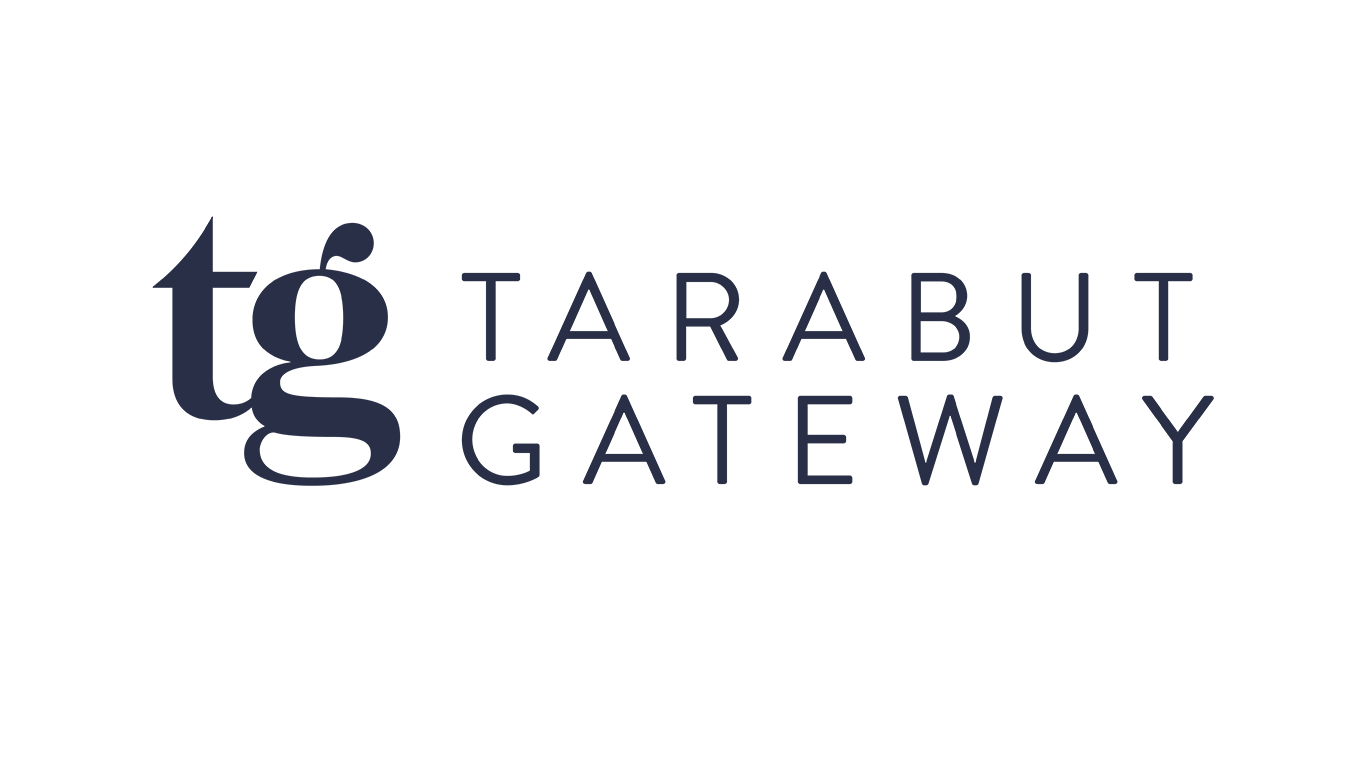
Tarabut Gateway, MENA’s leading open banking platform, announces today it has successfully completed the KSA Open Banking certification and is now launching its Open Banking services within the Regulatory Sandbox, based on the Open Banking Framework released by the Saudi Central Bank (SAMA).
This certification, a significant milestone in the company’s growth trajectory, demonstrates Tarabut Gateway’s commitment to delivering best-in-class user experiences that power the region’s next generation of financial services.
Abdulla Almoayed, CEO of Tarabut Gateway, commented:
"We are delighted to meet the rigorous Open Banking Framework released by the Saudi Central Bank (SAMA). This achievement reflects our relentless commitment to driving the growth of open banking in the Kingdom of Saudi Arabia and beyond. We extend our gratitude to SAMA for its continued support and guidance throughout this process."
Tarabut Gateway's achievement of being among the first to attain the certification significantly bolsters its position as a major player in the region's evolving financial technology landscape. It is a testament to the company's dedication to spearheading innovation and growth within the open banking industry in the region.
In November 2022, Tarabut Gateway became one of the first fintechs to receive the permit to test its innovative services under SAMA’s regulatory sandbox environment. In May 2023, the company was certified as AIS Retail Provider.
Related News
- 07:00 am
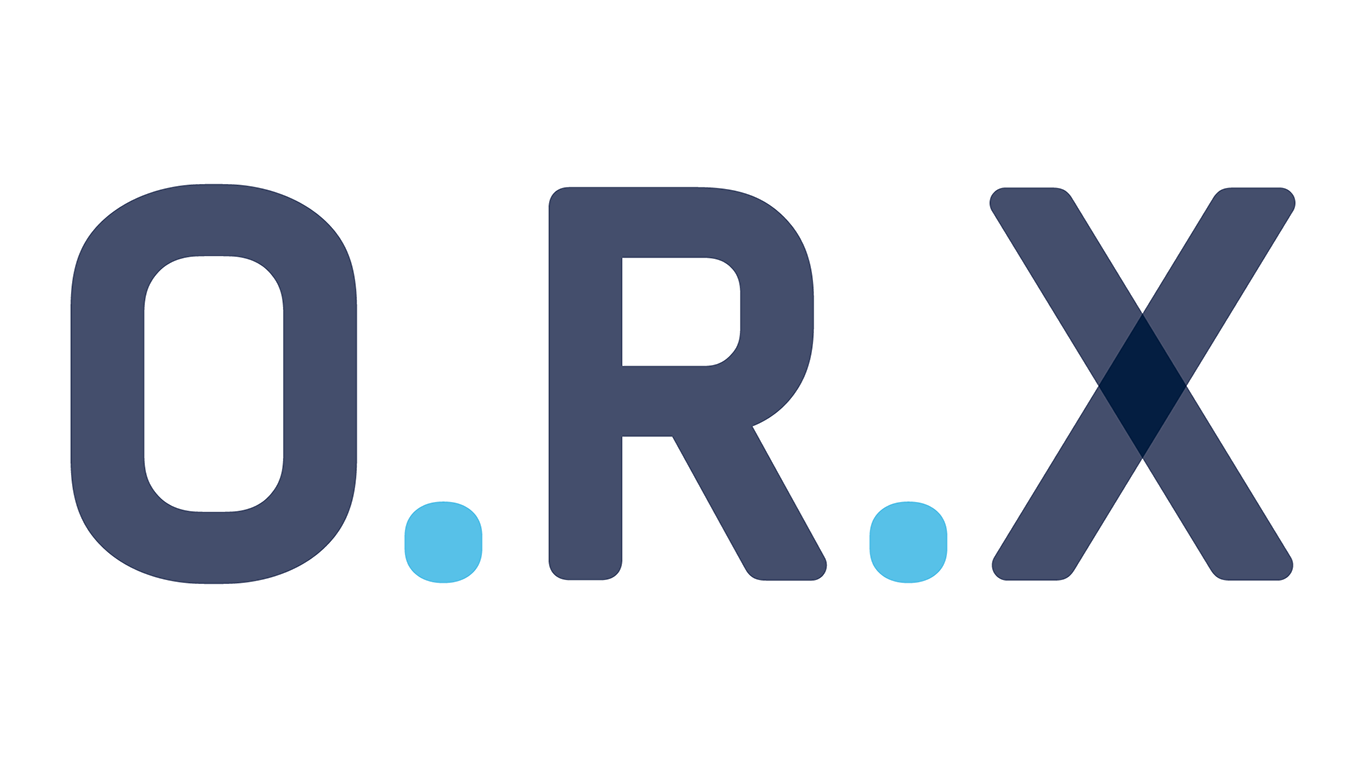
ORX, the world’s largest operational risk association has launched a greenwashing toolkit to support global banks and insurers create a greenwashing scenario - responding to the rapidly growing regulatory and societal focus on climate-related transition risks.
The Competition and Markets Authority in the UK, which publishes its Green Claims Code, found that 40% of green claims made in the UK could be misleading and is looking at routes to enforcement. Similarly, the Financial Conduct Authority (FCA) is also due to introduce a greenwashing rule later in the year. The three European Supervisory Authorities (EBA, EIOPA and ESMA – ESAs) published a Call for Evidence on greenwashing in October last year.
Further afield, the Australian Competition and Consumer Commission (ACCC) announced an internet sweep targeting greenwashing as part of its compliance and enforcement priorities for 2022-23 and MAS (Monetary Authority of Singapore) is tackling greenwashing with disclosure guidelines for retail ESG funds.
The development of this dedicated resource comes at the request of ORX service users, some of the largest financial institutions across the globe. Less than 10 of the 65 subscribers to ORX’s dedicated scenarios service, ORX Scenarios, have developed a greenwashing scenario to date, yet the majority are reporting a significant increase in pressure to develop a dedicated scenario for this rapidly evolving risk area.
ORX Scenarios subscribers have been reporting increased stakeholder and senior leadership pressures, with more examples emerging in the industry amongst institutions, resulting in reputational damage.
The handbook will help financial institutions develop a greenwashing scenario, enabling them to identify how the risk may occur within their organisation, understand the causes, the impacts, and the likelihood of a greenwashing event occurring. A scenario will also help firms to assign internal risk ownership, enhance controls and, in doing so, respond to regulator concerns.
Greenwashing can be defined as misconduct and misrepresentation related to marketing, selling or financing products or activities that are labelled as green. It can also be linked to deceit exercised in the marketing of ESG commitments and policies and in ESG and sustainability reporting to regulatory bodies.
Simon Johnson, ORX Scenarios Senior Manager explains:
“As the world turns its attention to the urgent threat of climate change, regulators and society are demanding greater accountability from financial organisations. This heightened scrutiny brings with it a new set of risks – including greenwashing.
“The reality is that whilst this is a relatively new risk, what financial institutions say and do today could have repercussions ten years down the line on their reputation and threats of legal action to name but two impacts.”
The toolkit includes a handbook with practical guidance on:
· Preparation: documenting a series of internal and external sources used in scenario preparation and workshopping
· Assessment: guidance on developing scenario descriptions, qualitative assumptions and quantitative components, including mapping to ORX data standards to support consistency and benchmarking
· Governance: stakeholder definition and priority
It also includes a range of resources including five ORX News digests covering greenwashing-related losses relevant to the financial sector, a Deep Dive on individual examples and editorial pieces exploring greenwashing and climate risk in more detail.
Simon Johnson adds:
“Each year we produce a handbook to support emerging risk areas flagged by our subscribers and this year greenwashing was identified as a priority. But a lot of financial institutions are just not at the stage yet where they are employing climate change experts and so individually, they just don’t have the data or expertise in-house. This is the gap in expertise that we are hoping to fill with the collective data and insight from our subscribers and ORX team in the toolkit.”
Related News
- 08:00 am
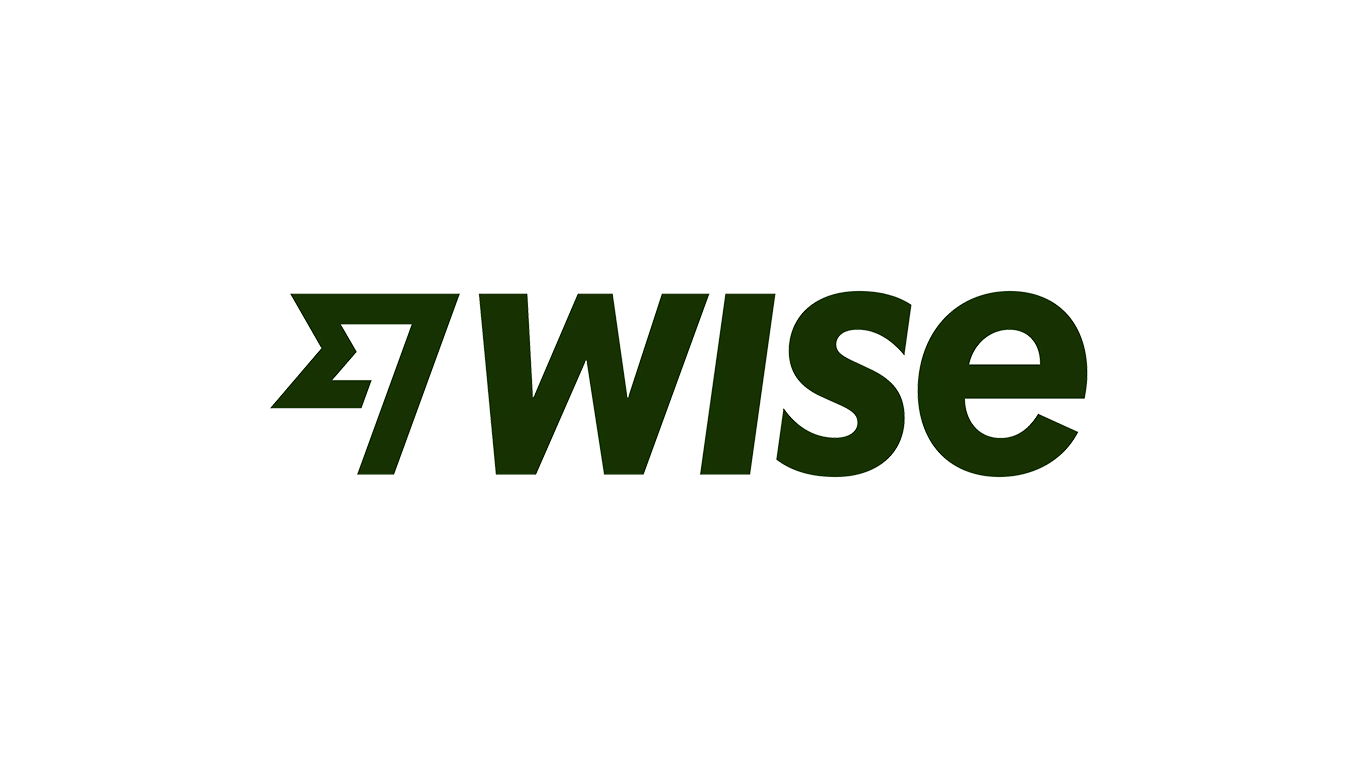
Wise Platform, Wise’s infrastructure offering for banks and non-banks alike, has announced its first partnership in Japan with GMO Aozora Net Bank, Ltd, bringing fast, low-cost international payments to more than 80,000 corporate customers.
GMO Aozora Net Bank launched its online banking business in July 2018, and since then has received a high volume of requests from corporate customers for an inexpensive, fast, and hassle-free overseas remittance service. Particularly as businesses look to expand overseas or hire international talent, international payments have become a high business priority worldwide.
Powered by Wise Platform's easy-to-use APIs, GMO Aozora Net Bank customers can now send international payments in 8 currencies to 28 countries and regions including the US, UK, China, Australia, and Singapore.
GMO Aozora Net Bank’s corporate customers can access this new service via their internet banking platform 24 hours a day, 365 days a year. Thanks to Wise’s cross-border payments network, they can even expect their payments to be completed in as little as 2 minutes. This means businesses can better manage their invoicing and supplier payment needs.
GMO Aozora Net Bank is Wise Platform’s fifth banking partner in Asia alongside Hong Kong's ZA Bank, Indonesia's Bank Mandiri, Singapore's Aspire and South Korea's Shinhan Bank.
Takehito Kaneko, Chairman and Representative Director of GMO Aozora Net Bank, said:
“Since setting up a new digital banking business, we have received many requests from corporate customers regarding international money transfer service. We’re glad to be the first bank in Japan to launch a fast and inexpensive international money transfer service for customers using Wise Platform. Through this partnership, we will support the global business transactions of corporate customers and will continue to develop and provide services that respond to customers’ needs as the No.1 Tech Bank that grows together with our customers.”
Steve Naude - Head of Wise Platform, said:
“International remittances remain a heavy burden for small and medium-sized enterprises with limited resources. GMO Aozora Net Bank and Wise share a vision of modernising the global financial system and enabling fair and transparent banking for everyone. Through this partnership, SMEs using GMO Aozora Net Bank will be able to enjoy Wise’s fast, transparent and convenient international money transfer service at lower rates than traditional providers.”
Related News
- 05:00 am
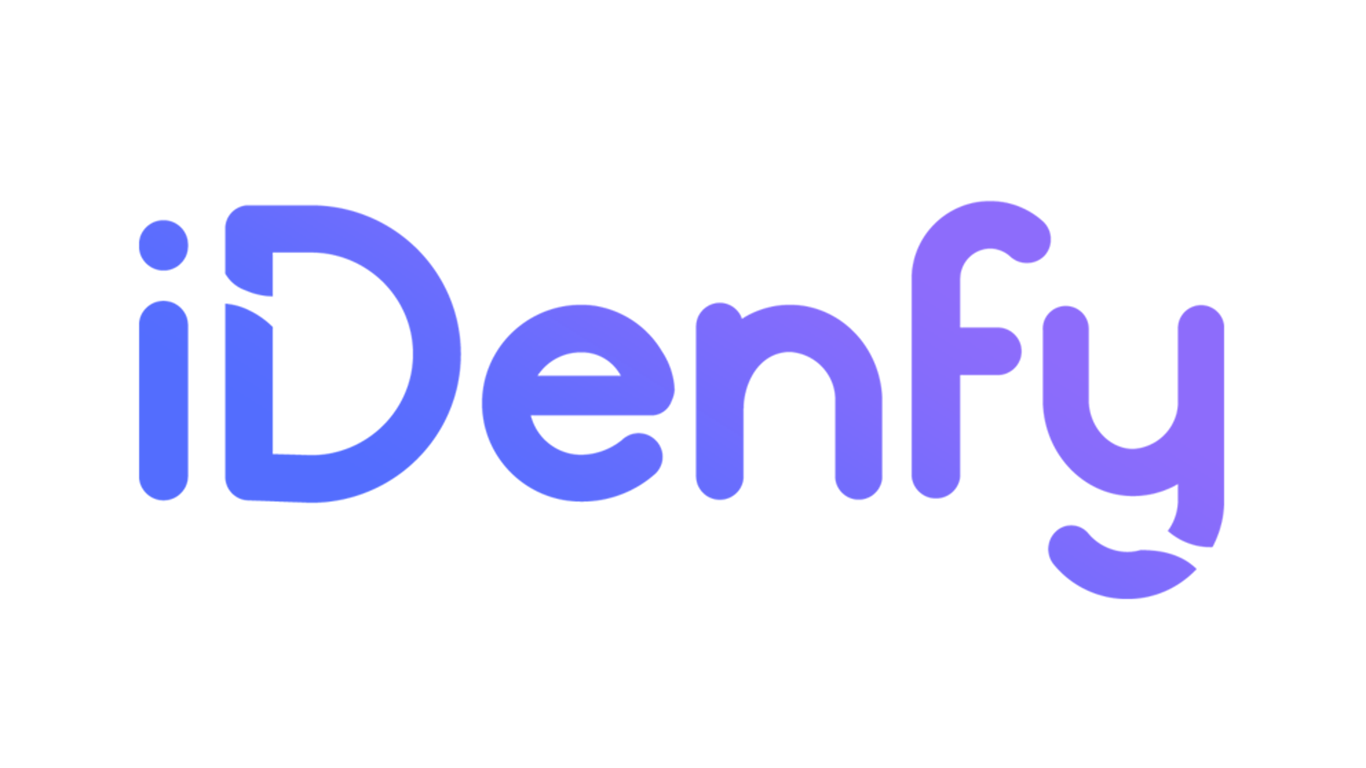
iDenfy, the full-stack identity verification, and compliance solutions hub, announced its partnership with Blockeras, a blockchain platform focusing on e-commerce. The integrated KYC verification and AML screening services from iDenfy will help Blockeras ensure a fully automated compliance workflow and secured transactions.
Traditional e-commerce platforms often rely on a centralized authority to validate and authorize transactions. This centralized approach creates a single point of failure and increases the risk of security breaches. According to iDenfy, in contrast, blockchain is decentralized, which eliminates the need for a central authority, making it more difficult for malicious actors to manipulate or compromise the system.
Blockeras agrees with this approach, claiming blockchain technology offers many opportunities in different sectors due to the innovative characteristics that ensure secure, fast, and third-party-free transactions. Established in 2018, the company has already shown its increasing client base considerable benefits for the e-commerce industry, which the pandemic has severely impacted.
Blockeras focuses on fostering trust and confidence among its clients by utilizing blockchain technology and enhancing security in the e-commerce realm. iDenfy emphasizes that while decentralization offers advantages such as immutability and automation, which can mitigate the risks of unauthorized transactions and data breaches, it’s essential to implement additional measures for fraud prevention.
Blockeras’ team has established an innovative blockchain project that has the potential to revolutionize e-commerce in the upcoming years. The platform draws inspiration from the well-established practice of bartering between companies. Known as bartering or advertising merchandise exchange, as claimed by Blockeras, this practice is becoming more popular due to its effectiveness and cost-efficiency. It allows companies to pay for the purchase of advertising space with their own products and/or services.
Blockeras works with a network of various companies and e-commerce shops. When a customer pays using Blockeras BLK token, the merchant must note in the tax document that the payment was made with the token. Similar to credit card payments, digital payments are made through the Blockeras Wallet APP, which users can download on their mobile phones and complete the transaction by scanning a QR code.
Blockeras decided to integrate iDenfy’s four-step identity verification solution to increase security but maintain a user-friendly interface. According to the company, verification is critical in ensuring the integrity of transactions and user interactions within Blockeras' ecosystem, reinforcing the platform's commitment to a safe and reliable marketplace.
Currently, iDenfy’s AI-enabled software extracts personal information from various ID documents, allowing users to complete the full verification process in under one minute. Additionally, iDenfy’s in-house experts manually review the software’s results, ensuring complete accuracy during the verification process.
“If customers are required to wait for identity verification approval, their interest in the project dwindles, leading to negative impacts on your marketing efforts. However, we ensure that all users are onboarded quickly and efficiently, which is a booster for a good first impression,” — said Domantas Ciulde, the CEO of iDenfy.
Blockeras will employ iDenfy's AML screening solution to safeguard against fraudulent activity in blockchain transactions. By screening customers against global watchlists, sanctions lists, and politically exposed persons (PEPs) and connecting this data to their respective wallet addresses, compliance teams can determine if complete onboarding is necessary or can be postponed until fiat withdrawal. iDenfy's KYC/AML software enables enhanced compliance assessment and helps ensure a secure and compliant environment within the Blockeras ecosystem.
iDenfy’s CEO, Domantas Ciulde, added: “Our partnership with Blockeras exemplifies a shared vision of creating a trusted environment for blockchain-based commerce. We’re on a mission to help Blockeras instill confidence among all users and establish a safer, compliant blockchain environment.”
Related News
- 04:00 am
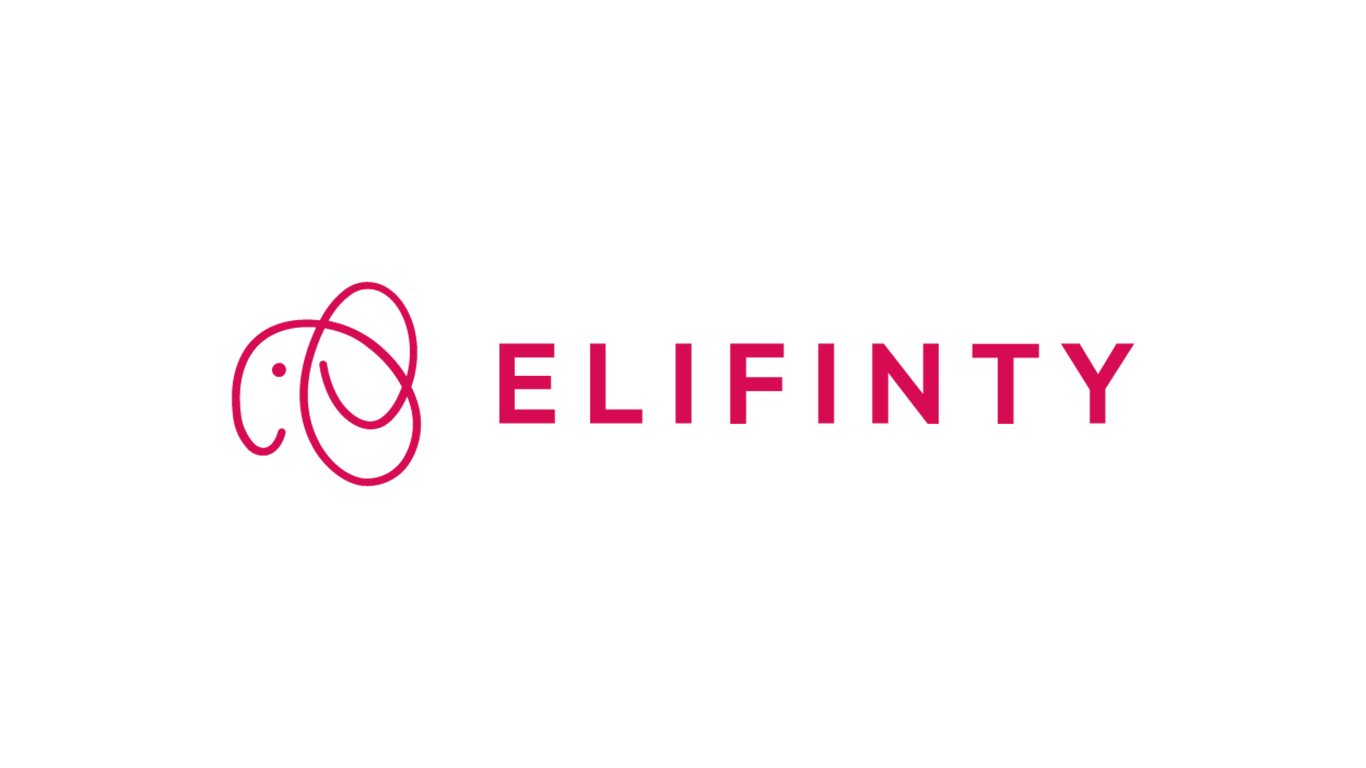
Financial wellness fintech Elifinty has launched today, providing UK consumers and creditors with the tools they need to manage and remedy the root causes of problem debt and to help consumers develop a sustainable financial future.
Until now, the debt management market has been fragmented and confusing to all parties involved. A wide range of debt advisors, businesses and charities provide useful information and tools helping consumers to better manage their debt, but the landscape is difficult to navigate for both consumers and creditors. Currently, consumer debts take an average of two years to clear, due to a disconnect between the services offered by the debt management market and consumer’s needs.
Elifinty addresses this issue head-on, bringing to market EliHUB, an end-to-end consumer debt management platform. Harnessing the power of open banking, Elifinity is the first fintech to provide consumers with tailored debt support and a direct connection to professional advisors and creditors. Elihub's innovative approach solves the largest problem faced by UK consumers: the absence of fast and informed advice tailored for each consumer, enabling consumers to get out of debt and build a sustainable relationship with their finances.
In partnership with Impact on Urban Health, Elifinty has initially rolled out EliHUB in the London borough of Southwark and Lambeth, and will soon welcome all UK consumers to its platform. According to StepChange, a UK debt advisory charity, the borough of Southwark and Lambeth is one of the worst hit areas during the cost of living crisis, estimating that 40,000 of its residents are in problem debt.
Banks, utility providers, housing associations and other creditors can access TrustConnect, Elifinty’s platform dedicated to connecting businesses with their customers, and customers with the support they need. TrustConnect is a sustainable and socially conscious approach to debt management, building financial resilience and working towards a world free from problem debt.
“It’s unbelievable that until now, customers had nowhere to turn to receive fast and tailored advice for their financial problems despite the advances we’ve made in the financial sector” said Maysam Rizvi, founder and CEO of Elifinity. “It’s time for the fintech industry to use innovative technologies to make it easy for people to get access to a FCA licensed debt advisor. We also provide businesses such as utility providers, housing associations and banks with access to enriched data, so they make an informed and direct connection to their customers and offer debt management support that works for them.”
According to the Office of National Statistics (ONS), the cost of living crisis in the UK has caused hardship for millions of people, with almost 1 in 4 adults borrowing more money or using credit cards to make ends meet. A survey by the by the Together Through This Crisis initiative, reports that 40% of people have no money left at the end of the month, while 24% run out of money for essentials either most months or most days,
Related News
- 06:00 am
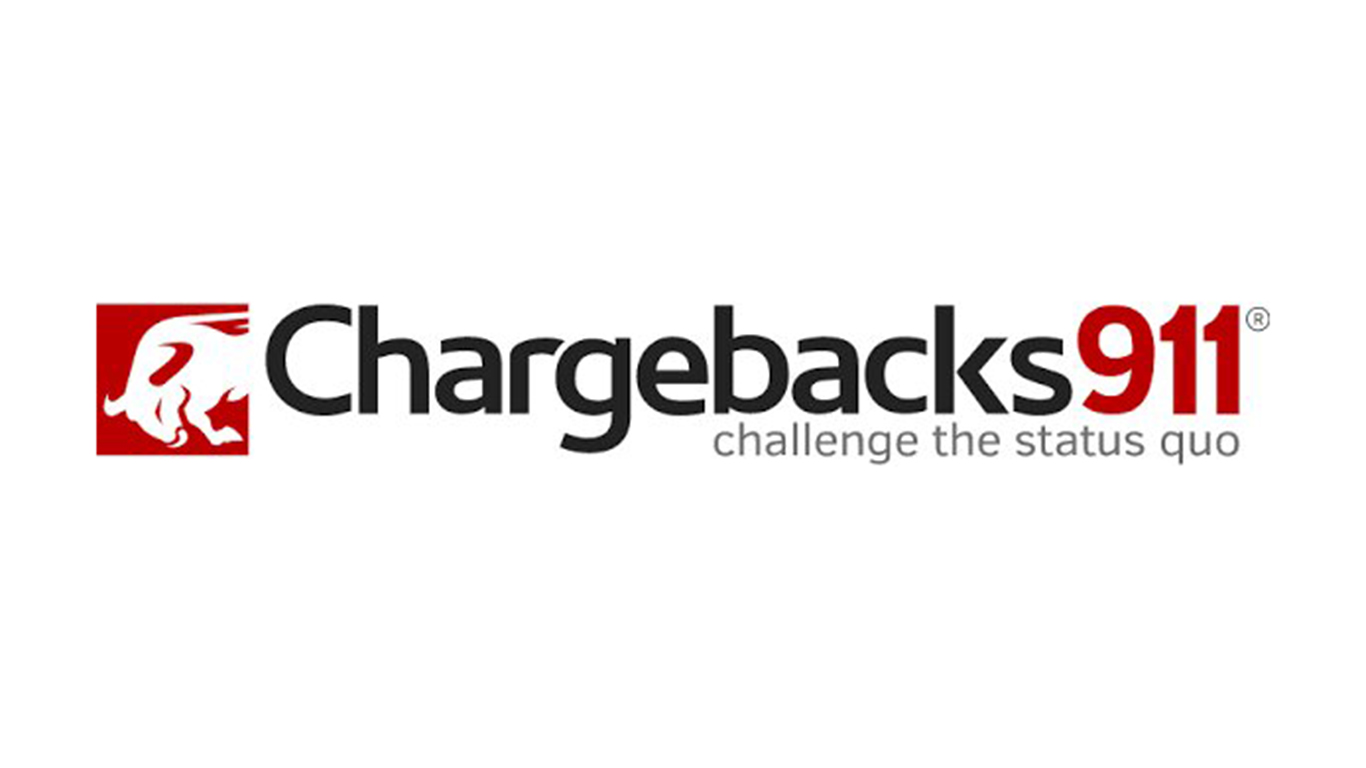
“When we saw in 2021 that 76 per cent of surveyed merchants reported an increase in friendly fraud, we were concerned, but not shocked, given that many storefronts were closed in 2020 and everyone was forced to do their shopping online where fraud is rampant,” said Monica Eaton, CEO of Chargebacks911. “But now that we are well past the confines of the pandemic and that number remains the same, more action is needed to quell the ongoing rise in chargeback abuse.”
“Most customers are unaware of what goes on behind the scenes when a chargeback is filed and I’m sure they would be surprised to know that merchants pay on average around $3.60 for every dollar lost to a fraudulent or illegitimate chargeback,” said Faquiryan. “Sometimes, retailers will raise the prices of goods and services to make up for lost revenue, passing along the cost of chargeback fraud and misuse to the customer.”









